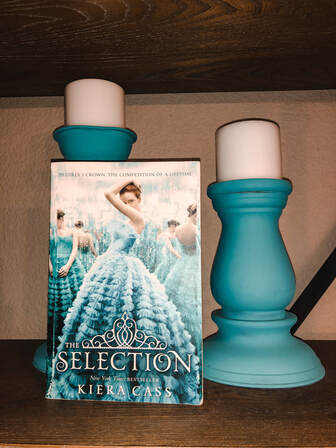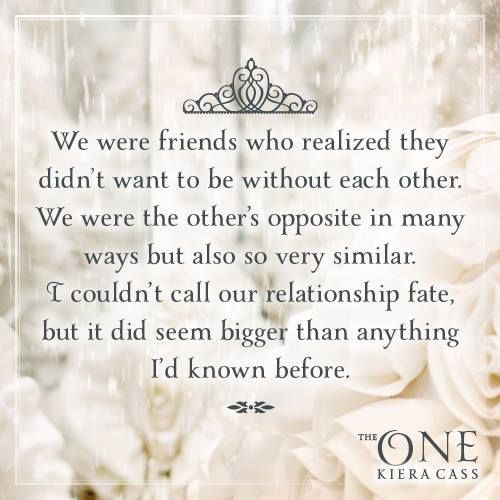

This makes her stand out among the many who acquiesce to the system.

Although her options are limited, she fights for the ability to choose between them. Although America knows her limitations due to her gender, she does not let them dictate what she will do with her life. Her brother, Kota, by contrast, ascends by creating a spectacular piece of art that he is able to sell for a massive amount of money. Although both were able to ascend out of their positions in society, her older sister Kenna does so by marrying upwards, and it is implied that her beauty is part of what has helped her do so. This dynamic is mirrored in the story of America's two older siblings.

This messaging complicates a feminist interpretation of the novel. Physical beauty is emphasized as the means through which women might be able to change their positions in society. The other women in the novel, save Silvia, who acts as a mouthpiece of the state and works to train the girls in decorum, are all presented as being either potential wives or servants. Her function in society is essentially that of a mother and wife. Even the queen gains her role through a Selection process, and she clearly holds less political power than her husband or her son. There are no women in the novel who are presented as having genuine power over their lives. This is implied to be the first of many steps the prince will make in response to the suffering of his subjects. America uses her history with hunger in order to convince the prince that there is inequality in his kingdom, and he institutes a food scarcity program in the palace in response. America's hunger is a point of conversation between her and Prince Maxon, as she is vocal about her appreciation for the meals in the palace. Although there are certainly other negative effects of poverty on Illéan society, such as homelessness, a lack of education, and the loss of freedom for some, food becomes a metaphor for the necessary things in life that should be universally accessible but become restricted for many in instances of severe inequality.

Aspen has also suffered from hunger to a more severe degree than has America, and because of this, food becomes a resource that symbolizes love in their relationship. The way in which poverty is most crucially understood in the novel, particularly because America has suffered it herself, is through food scarcity. In Illéa, the Six, Seven, and Eight castes are all depicted as including people suffering through poverty, and even the Singer family in Five live restricted lives due to their financial status. Many people suffer from poverty in The Selection. The queen's status as a mother is discussed at length, as well as America's own understanding that if she were to become queen, being a mother to future princes and princesses would be a large part of her role in the palace. (This dynamic is troubling in other ways, as it monetizes America's very person and implies payment for whatever romantic gestures the contestants might make in the competition.) The familial nature of the way that power operates in the country also ties into this theme. And it is America's loyalty to her family's wellbeing that keeps her in the competition long enough to fall in love with Maxon, as her family received payment for her participation that far surpassed any compensation they ever received for being artists. Kota is depicted as a selfish individual because he took the money he made from his metal sculpture and kept it all in order to attempt to ascend to another caste. Instead of an individualistic perception of their places in the world, the characters understand themselves as part of their collectives, and as an extension of that, their castes. In the country of Illéa, families in the lower castes are forced to band together in order to raise the funds necessary for their survival.


 0 kommentar(er)
0 kommentar(er)
